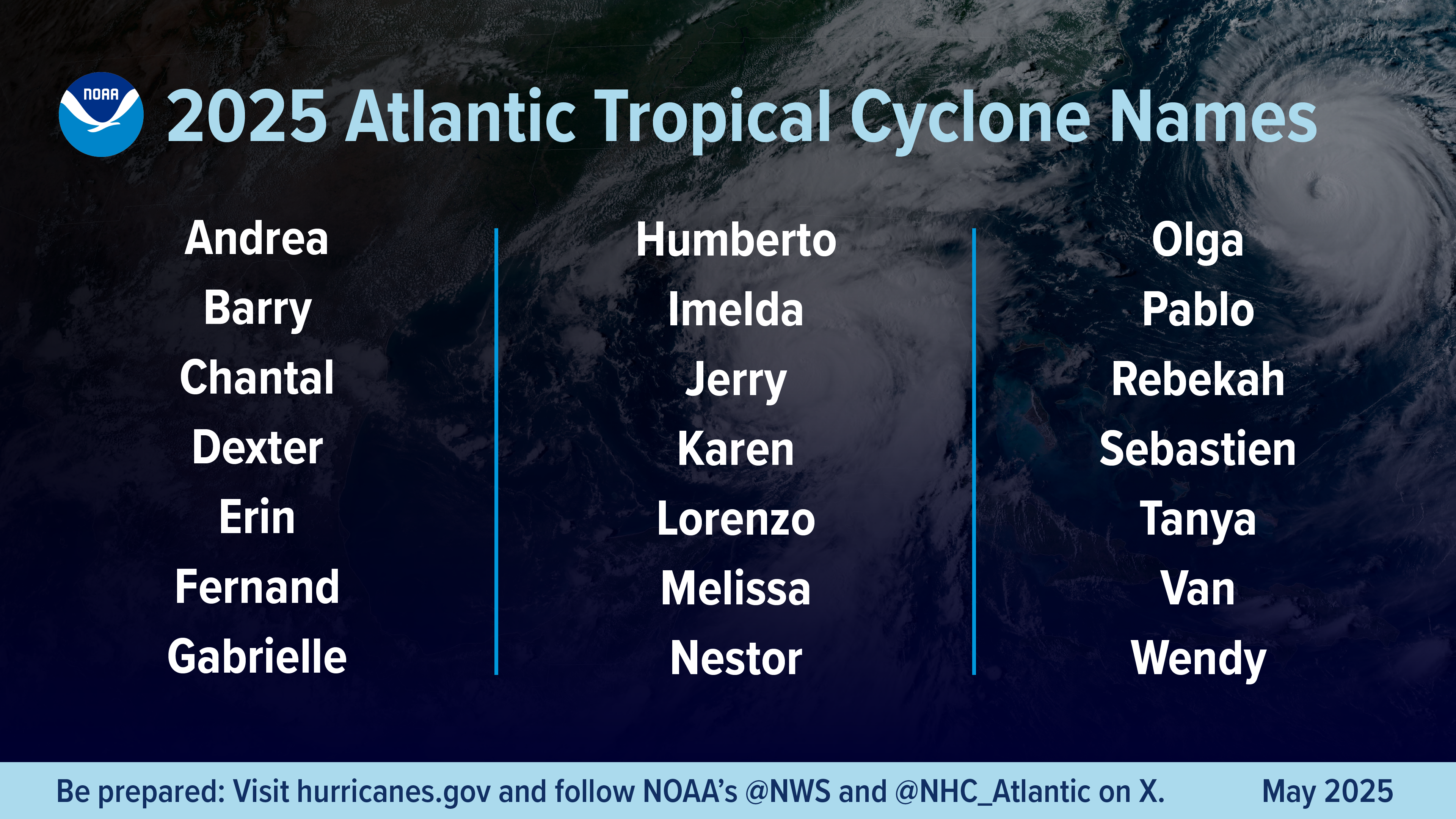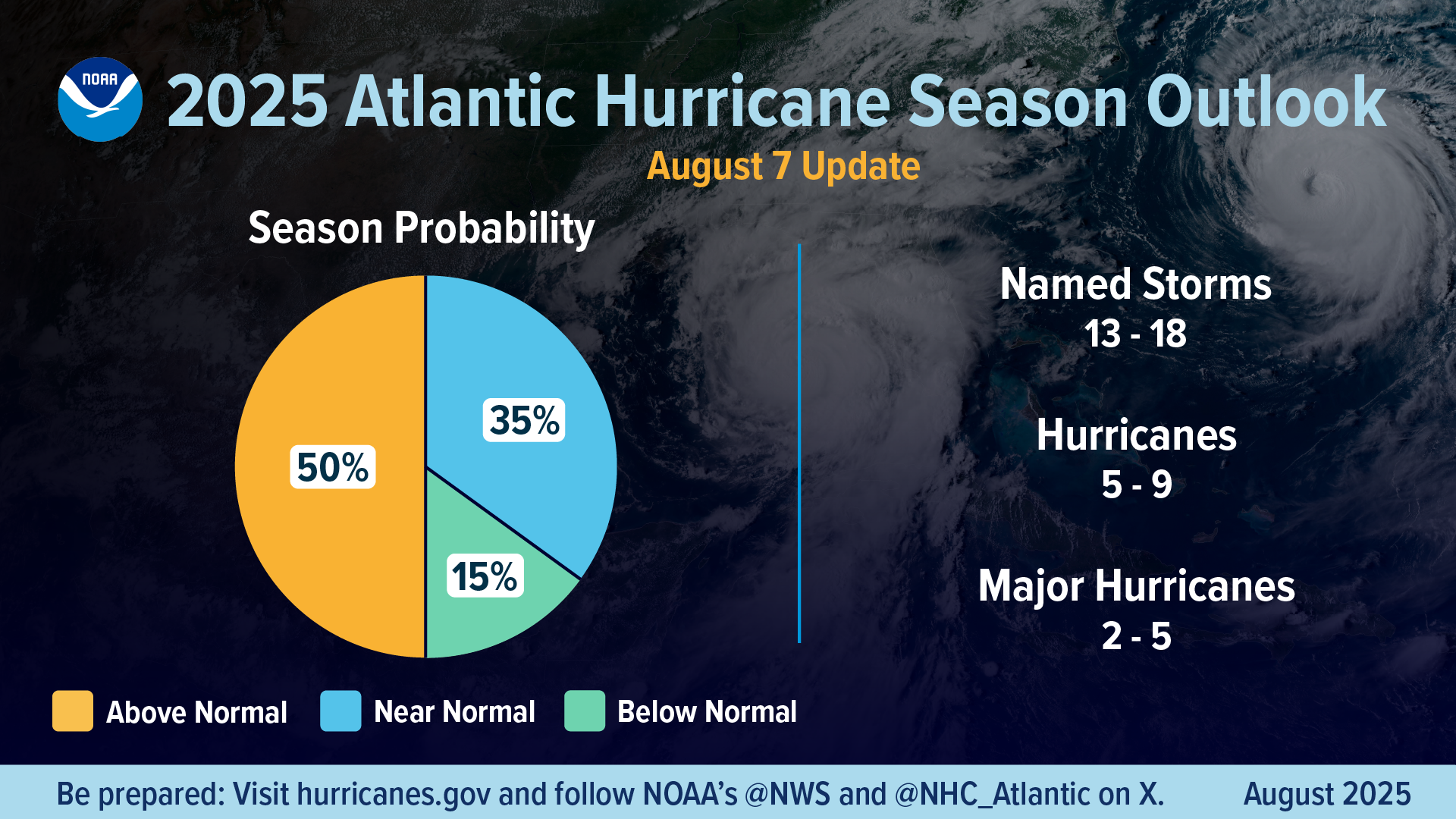The highest travel mistakes to avoid during hurricane season

In summer or fall, there is nothing like going to a beautiful destination in the Caribbean, Florida or the Gulf Coast. The holidays can be great – that is, until a seasonal hurricane hits your destination and turns your trip into a huge headache or something worse.
The National Oceanic and Atmospheric Administration predicts higher than normal activity for the rest of the 2025 Atlantic hurricane season. So if you continue until November 30 during hurricane season, be prepared.
One important thing to help when a tropical weather event occurs: travel insurance.
“Travel insurance has become an important part of travel plans for vacation trips in the Caribbean or southeastern coastal during the Atlantic hurricane season [June through November]” said Stan Sandberg, co-founder of TravelInsurance.com.
Related: Hurricane Season Here: TPG’s Traveler’s Guide to Storm
However, even if you purchase coverage or think that a credit card travel insurance policy will cover you, there will still be an error.
If you want to avoid hurricane headaches, keep reading about the highest travel mistakes people make during hurricane season.
Think hurricane season ends in early autumn
“Some people don’t realize that hurricane season is not limited to summer,” said Beth Godlin, president of travel practice at Aon Affinity.
In fact, according to Goldling, the hurricane season lasts from June 1 to November 30. So you need to pay attention to weather and travel insurance until early December.

Reward your inbox with TPG Daily Newsletter
Join over 700,000 readers for breaking news, in-depth guides and exclusive deals from TPG experts
Don’t buy travel insurance before naming the storm
If one thing you should remember to protect your vacation investment during hurricane season, it’s this: Once you name the storm, it’s too late to buy travel insurance.
There is an important reason behind this rule.
“Insurance covers accidents,” said Jenna Hummer, director of public relations at Squaremouth, a company that offers travel insurance comparisons for major U.S. providers. “So once you take into account the ‘foreseeable’ stuff – in this case, when a tropical storm or hurricane is named – you can never get the coverage of that storm again.”

Waiting to buy travel insurance during hurricane season
So it’s no surprise that every travel insurance expert I interviewed has the same advice: If you plan to travel during a time when a hurricane is likely, buy insurance immediately after booking your trip.
If you see reports that a hurricane is about to land at the destination or may close your home airport, you may have missed the window to pay for your trip.
Think you can cancel your trip because there is a hurricane at the destination
“A common misconception is that if a hurricane occurs near the destination, you can cancel the holiday and be covered up,” Henmer said.
However, the fact that a hurricane lands on your booked vacation destination does not necessarily mean that you can cancel and repay.
According to Hummer, if your hotel is not inhabited – this means it is not open or has electricity or tap water, then you will be covered. But if the surrounding area is dealing with the loss, but the hotel is still open, “you are paying for the holiday.”
Don’t know what your travel insurance will cover
Most comprehensive travel insurance plans will include cancellation of travel and interruption coverage, trip delay coverage, and baggage loss and delay coverage.
“Cancelization and travel disruption can lead to lost or unused advances due to hurricanes, non-refundable fees, which makes it impossible to reach the destination,” Sandberg said. “If a mandatory evacuation occurs at the destination, many plans will also provide coverage. If your destination has a NOAA hurricane warning during your travel date, there will even be some plans.”
Travel delay coverage will repay you for unexpected travel expenses such as food, transportation, internet services and accommodation when your flight is delayed for a long time.
“But remember, though, that travel delays are not usually the reason for cancellations, and most policies won’t reimburse you if you choose to cancel travel delays,” Goldling said. “However, your benefits may include reimbursement for travel you missed. To cover, some itinerary delay terms require a minimum delay time, which can range from four to 12 hours. Some terms may also cover only delays caused by a specific naming hazard, such as hurricanes that cause your destination and strength to set off early.”

Calculate your credit card policy to cover you
According to Hummer, this is a tricky thing, as many travelers carry credit cards with travel allowances, including travel delay insurance. Therefore, they think they are covered in weather events like hurricanes.
“The problem with credit card coverage is that insurance coverage is low, like $5,000 for medical treatment,” she said.
This is much lower than what you might need in a real emergency.
“Remember that your credit card won’t cover anything you haven’t purchased on that card,” Hummer added. “So if you don’t pay for the entire trip with that card, or if someone else in your group uses another payment method, you won’t be fully covered.”
Purchase policy without using 24-hour help desk
If there is a policy that is less expensive but does not provide 24/7 help, skip it.
“Make sure you purchase policy with a 24/7 aid,” Henmer said.
She also added that if you are in a situation where a hurricane shuts down the airport, “Call your travel insurance company first; they can pay for hotels and meals while they wait with the airline.”
Not enough coverage
While you don’t have to pay a premium for travel insurance packages during hurricane season, you do need to have enough coverage to get you home and bear any emergency situations.
According to Hummer, your package should include $50,000 in medical treatment and $100,000 in medical evacuation.
Forgotten hurricanes can also happen at home
Even if you don’t go to the tropical areas, travel insurance can still be beneficial.
“Suppose you live in South Carolina, but you’re cruising on Alaska,” Goldling said. “When you’re ready to embark on your dream vacation, a hurricane hit the coast and destroyed your home. What can you do? If you purchased travel protection and your home is resided, that might be a reason to cancel the travel.”
This is definitely the worst case scenario, but it is a good reminder that hurricanes can happen when they are at home or not, depending on your origin and destination.
Too much to pay for hurricane coverage
“Buy the cheapest policy and requires the coverage you need,” Hummer said.
She recommends using a comparison engine and remember: “Just because you pay doesn’t mean you get more coverage”.
She explained that different travel insurance agencies have different formulas and consider various factors such as age and destination. Typically, prices vary, while coverage does not. Instead, make sure you get the coverage and help outlined above and choose the least option.
Bottom line
This year’s hurricane season is expected to be very active. If you are planning to travel in the Atlantic Basin region (including the Caribbean, Florida, Gulf Coast and Carolina), it is a good idea to buy travel insurance in case your plan is damaged by bad weather. Remember that when the storm is named, it’s too late to buy, so be sure to start early if you want to protect your travel purchases.
Related readings:



